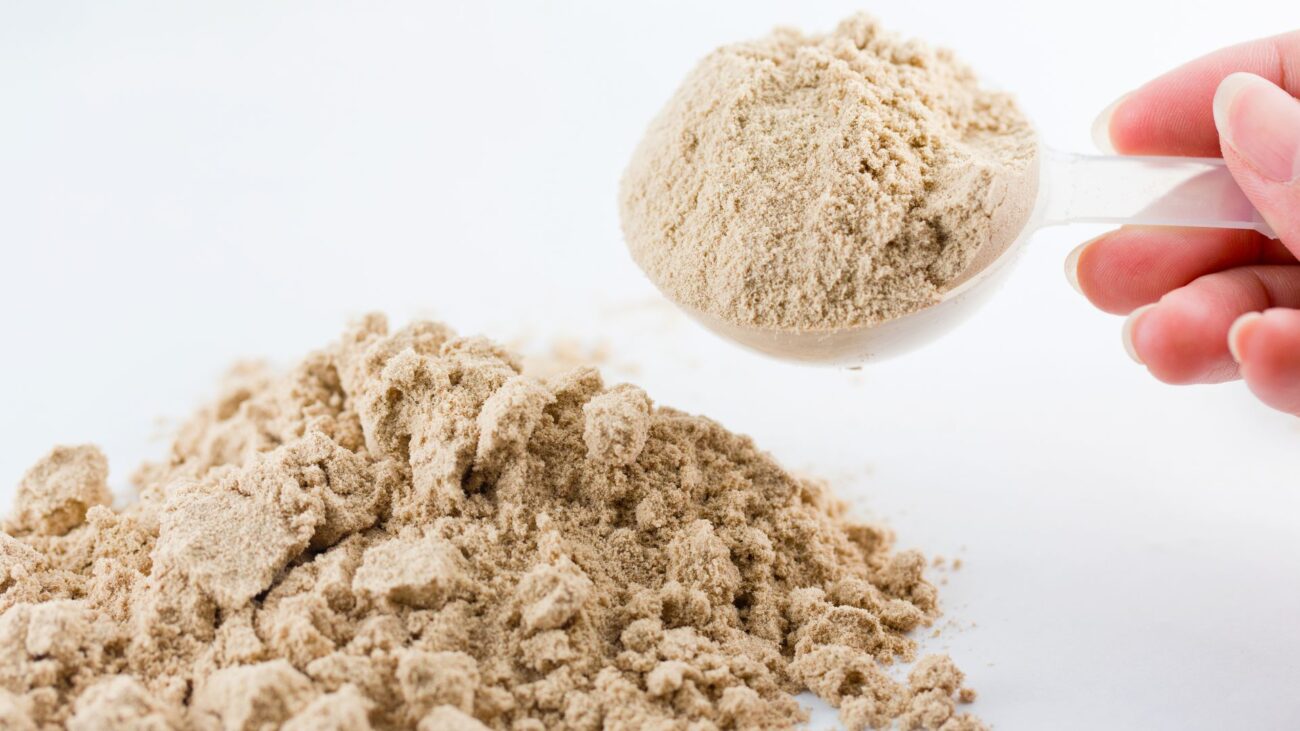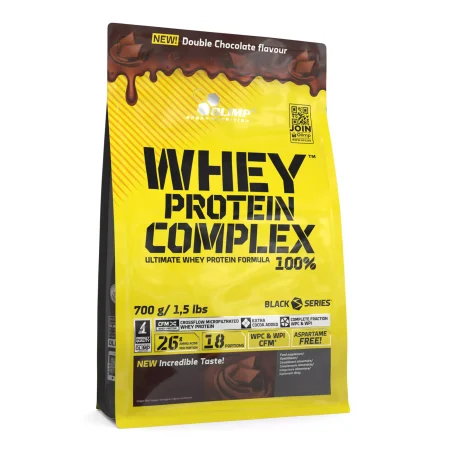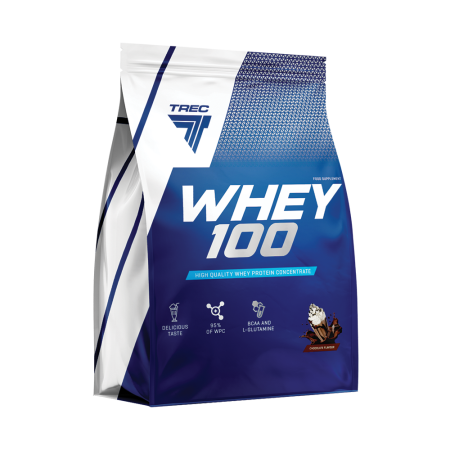Protein supplements are one of the most popular dietary aids used by active individuals and athletes of all levels. Whether you’re looking to build muscle, enhance recovery, or support fat loss, protein supplements are a go-to choice for many. In this article, I’ll take you through the different types of protein supplements, their benefits, and address concerns around their safety.
What Are Protein Supplements?
Protein supplements are dietary products designed to provide a concentrated source of protein. Protein is an essential macronutrient that plays a vital role in muscle growth and repair. While you can get protein from animal sources like meat, fish, eggs, and dairy, as well as plant sources like legumes, nuts, and seeds, supplements offer a convenient way to boost your intake, especially during periods of intense training.Types of Protein Supplements
The market is packed with different types of protein supplements, each varying by source, absorption rate, and additional ingredients. Here are the most common ones:Whey Protein Concentrate (WPC) Whey protein concentrate is one of the most widely used forms of protein. It typically contains 70-80% protein, with the remainder made up of carbohydrates (lactose) and fats. It’s easily digestible and rich in branched-chain amino acids (BCAAs), which aid in muscle recovery after exercise. It’s suitable for both beginners and seasoned athletes.Whey Protein Isolate (WPI) Whey protein isolate is a more refined version of whey protein, boasting around 90-95% protein content. The filtration process removes almost all lactose and fat, making it a great option for those who are lactose intolerant or on a calorie-restricted diet. It’s quickly absorbed and is typically consumed right after a workout.Hydrolysed Whey Protein (WPH) Hydrolysed protein is pre-digested through a process called hydrolysis, which breaks down the protein chains into smaller peptides. This makes it even quicker for the body to absorb. WPH is often recommended for elite athletes who need an immediate supply of amino acids for rapid recovery.Micellar Casein Casein is a milk-derived protein known for its slow absorption rate. It releases amino acids gradually over a period of up to 7 hours, making it an ideal choice for a bedtime snack. It helps prevent muscle breakdown during the night.Egg Protein Egg protein (albumin) is a high-quality protein source with a complete amino acid profile. It’s easily digested, though slightly slower than whey. It’s a popular pick for people with lactose intolerance or those who are allergic to milk proteins.Plant-Based Protein Plant-based proteins like soy, pea, hemp, or rice protein are popular among those following vegan or vegetarian diets. Soy protein contains all the essential amino acids, while other plant-based proteins may need to be combined to offer a complete amino acid profile.Benefits of Protein Supplements
Protein supplements offer several key benefits:- Support Muscle Protein Synthesis – Protein provides the essential amino acids required for muscle growth, especially after intense workouts when the body needs to repair and rebuild.
- Boost Recovery – Amino acids, particularly BCAAs (leucine, isoleucine, and valine), help reduce muscle soreness and speed up the recovery process.
- Maintain Muscle Mass During Weight Loss – Protein supplements can help preserve muscle mass while dieting, especially when you’re cutting calories.
- Aid Appetite Control – Protein is highly satiating, which can help manage hunger and reduce the urge to snack between meals.
Are Protein Supplements Safe?
Protein supplements are generally considered safe when used according to the manufacturer’s instructions. However, there are a few points to keep in mind:- Lactose Intolerance If you’re lactose intolerant, you might experience discomfort after consuming whey protein concentrate (WPC), which contains small amounts of lactose. In such cases, opt for isolates (WPI) or plant-based proteins.
- Digestive Issues Some people may experience bloating, gas, or diarrhoea after consuming large amounts of protein. If you’re prone to digestive issues, you might want to consider using digestive enzyme supplements.
- Excess Protein Intake Consuming too much protein can strain the kidneys, especially in individuals with pre-existing kidney conditions. It’s best to stick to moderate intake tailored to your needs, typically around 1.6-2.2 grams of protein per kilogram of body weight per day.
- Contaminants in Supplements There’s a risk that some protein supplements might be contaminated with undesirable substances like heavy metals. To avoid this, choose products from reputable brands that are certified for quality and safety.
Conclusion
Protein supplements can be an effective and safe way to increase your protein intake, supporting muscle growth, recovery, and weight management. However, it’s crucial to choose the right type based on your individual needs and training goals. Remember, supplements should complement a balanced diet, not replace it.Recommendations
- For muscle building – whey protein concentrate or isolate post-workout is a great choice.
- For weight loss – opt for whey isolate or casein before bed to help prevent muscle breakdown.
- For vegans – try soy, pea, or hemp protein for a high-quality plant-based option.










